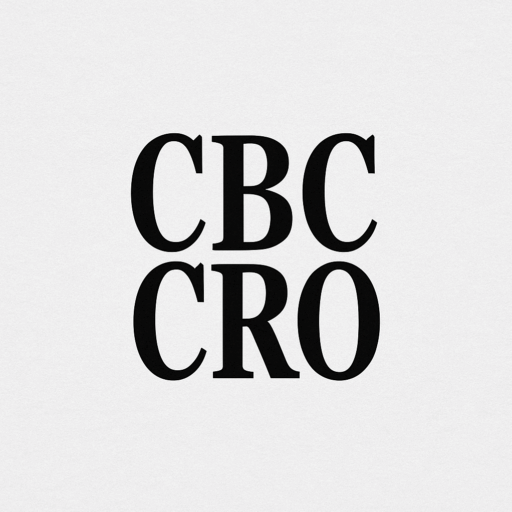After the presidential election of 2024 was annulled when an unexpected candidate bypassed the system and threatened established interests, Romania returned to the polls in May 2025. This time, the electorate was reinvigorated — not by vision, but by fear. Backed quietly by foreign corporate influence and Western geopolitical allies, independent candidate Nicușor Dan emerged as president with 53.6% of the vote in the second round, defeating George Simion. The voter turnout was a record 64.7%, reflecting either democratic enthusiasm or collective anxiety.
The Official Results
According to the Central Electoral Bureau, Nicușor Dan secured 53.6% of the votes, while his opponent, George Simion, received 46.4%. In the first round, Simion had led with 40.9%, while Dan placed a distant second with 20.9%. The sudden reversal was made possible by a coalition of center-right parties (former PNL and USR factions), remnants of the previous establishment (Iohannis, Ciolacu), and economic-media power blocs aligned with the EU-NATO status quo.
A Choice or an Avoidance?
Dan’s victory is marketed as democratic renewal. In reality, the Romanian people largely voted against something, not for something. Simion’s anti-system rhetoric frightened many, while Dan’s technocratic, “clean” persona became the safe alternative for voters wary of radical change. No concrete political project won — only the lesser perceived danger.
Who Really Backed Nicușor Dan?
The question few dare to ask. In the final days of the campaign, corporate messaging, particularly from the pharmaceutical sector (e.g., Dragoș Damian), and support from financial institutions, major media outlets, and diplomatic circles shaped the public discourse. The call for “stability” was code for: keep the system intact.
International Reactions: NATO Breathes a Sigh of Relief
Soon after the results were announced, NATO Secretary-General Mark Rutte called Dan to congratulate him and affirm military and strategic cooperation. It was a clear message: Romania remains loyal to Brussels and Washington. Dan is viewed not as a national project, but as a pillar of geopolitical continuity.
What’s Next for Romania?
Nicușor Dan takes office as a president with no party, no government, no parliamentary majority — but with quiet support from the economic and strategic elite. In a polarized and anxious society, he must prove he is more than a placeholder for entrenched interests.
Conclusion
Portrayed as a fresh start, Dan’s presidency may well be a system reboot with a new face. The script is familiar, the authors unchanged. Unless he breaks away from those who enabled his victory, Romania risks another cycle of stagnation dressed up as reform.

